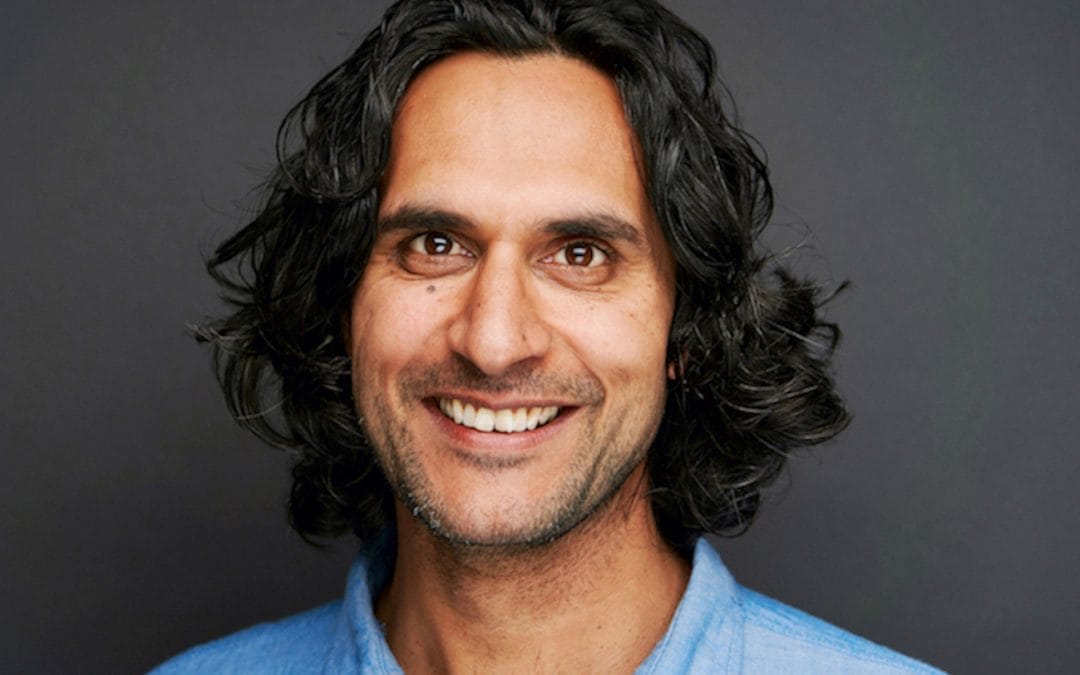According to the World Health Organisation, one in four people will be affected by mental health problems or neurological disorders at some point in their lives. However, globally, men are three times more likely to die by suicide than women. In fact, of the 5,583 suicides registered in England and Wales in 2021, 74% were committed by men. And despite more people challenging the stigma in recent years and the growing opportunities for support, men are still experiencing shame and guilt that could make them less willing to ask for help.
To help combat the mental health epidemic, Purple House Clinic (PHC) recently started offering a new service to support men who are struggling with their mental health. Dr Ed Rainbow, one of PHC’s newly appointed associate clinician specialising in men’s mental health, will provide a safe environment for males to talk about their feelings and help regain control of their life. He gives three tips on how you can challenge the stereotypes surrounding men’s mental health.
“Men’s mental health is an unspoken problem affecting so many people up and down the country. We must break down those stereotypes and make it normal for men to ask for help, particularly with suicide being the single largest cause of death for men under the age of 50. This statistic shows the pressing need for mental health support for men and why it is so important to open up rather than turning to alcohol or drugs as a coping mechanism,” comments Ed.
- Know the facts
There are many options to help break down the stigma surrounding men’s mental health. The first is to know the facts. When it comes to things like mental health, knowledge is power. So, if you or a loved one is struggling, educate yourself (from reputable sources) about mental illness, symptoms and treatments. Being informed is the first step in getting the proper treatment one needs for emotional wellness.
- Challenge the stigma
Unfortunately, many men buy into the stigma surrounding mental health, believing that mental illness is a sign of weakness and that they should be able to control it without help. In turn, this leads to them maltreating themselves or others. However, seeking counselling, education, being kind to oneself, and searching for support from others is an effective way to tackle mental health issues head-on. Social pressures can also mean that men find it harder to discuss feelings of vulnerability or ask for support, but the evidence is clear that bottling these feelings can worsen things.
- Talk to a professional
The sooner you seek help the better. The most important thing someone can do is get treatment for their condition. If you broke your arm or caught the flu, you would book an appointment with your doctor to help you get better. The same applies to those struggling with their mental health. Treatment is vital to bringing relief and reducing symptoms that interfere with work and one’s personal life. Remember to be kind and gentle when you or your loved ones seek treatment. It is never easy to ask for help. It takes a lot of courage to speak up, and you (and your loved ones) are worth the effort.
“Having experienced my own mental health problems, I also recognise that mental health problems are triggered in part by lifestyle factors, which can then be modified and improved with the right help and support. Making simple changes such as talking about your feelings, keeping active and eating well can help you feel better. My new role at the Purple House Clinic will be an invaluable service for so many men across Leicestershire, and I want to encourage those struggling with their mental health to take that first step and get in touch today,” adds Ed.

